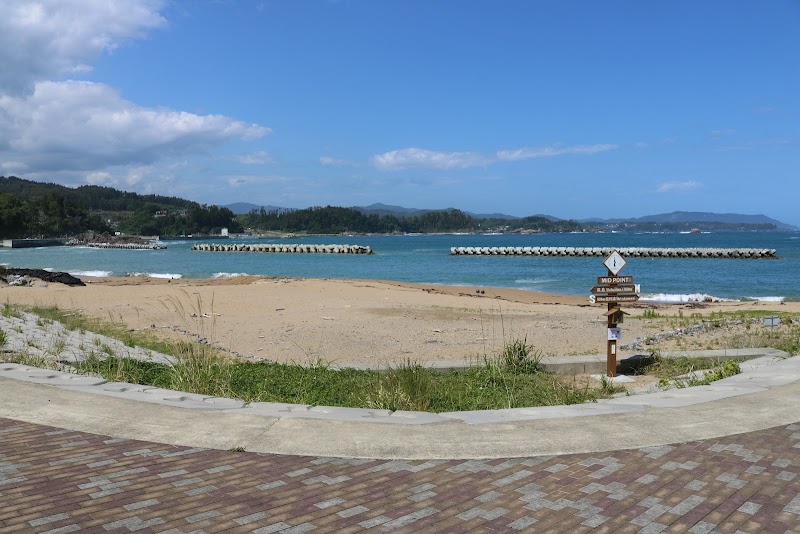
Kesennuma Bay Marine Protected Area Adventures
Kesennuma Bay Marine Protected Area is a coastal reserve in northeastern Japan known for its rich marine biodiversity and vibrant fishing culture, offering opportunities for boating, snorkeling, and ecological observation.
About Kesennuma Bay Marine Protected Area

Located in Miyagi Prefecture, northeastern Japan, Kesennuma Bay Marine Protected Area encompasses a varied coastal environment including bays, rocky shores, and tidal flats. The area is recognized for its rich marine life, including diverse fish populations, seaweeds, and shellfish, which support the region's historically important fisheries industry. The MPA was established to safeguard marine habitats affected by past industrial pressures and the 2011 Tōhoku earthquake and tsunami, fostering natural recovery and resilience. Visitors to Kesennuma Bay enjoy engaging with local fishing communities, participating in recreational fishing, and observing seasonal migrations of marine species. The protected waters serve as critical nursery grounds for several commercially significant fish species, contributing to both conservation and sustainable seafood harvest. Notable features include the scenic coastal landscapes dotted with rocky islets and sea cliffs, offering excellent opportunities for photography and nature watching. Outdoor enthusiasts can partake in paddle sports such as kayaking and stand-up paddleboarding, taking advantage of the calm bay waters. The combination of ecological importance, cultural heritage, and outdoor recreation makes Kesennuma Bay Marine Protected Area an appealing destination for conservation-minded travelers and marine life enthusiasts. Facilities around the region support visitors, though access to certain sensitive habitats is regulated to ensure protection measures.
Highlights
Rich marine biodiversity including spawning grounds for fish
Scenic coastal rock formations and islets
Opportunities for sustainable fishing with local communities
Peaceful paddle sports in calm bay waters
Notable Natural Features
Nursery Grounds for Fish
The bay serves as a vital nursery for several commercially important fish species, enabling sustainable fisheries management.
Rocky Coastal Islets
Numerous rocky islets punctuate the coastline, providing habitat for seabirds and rich tide pools to explore.
Post-Tsunami Habitat Recovery
The area has undergone significant ecological restoration following the 2011 tsunami, showcasing natural resilience.
